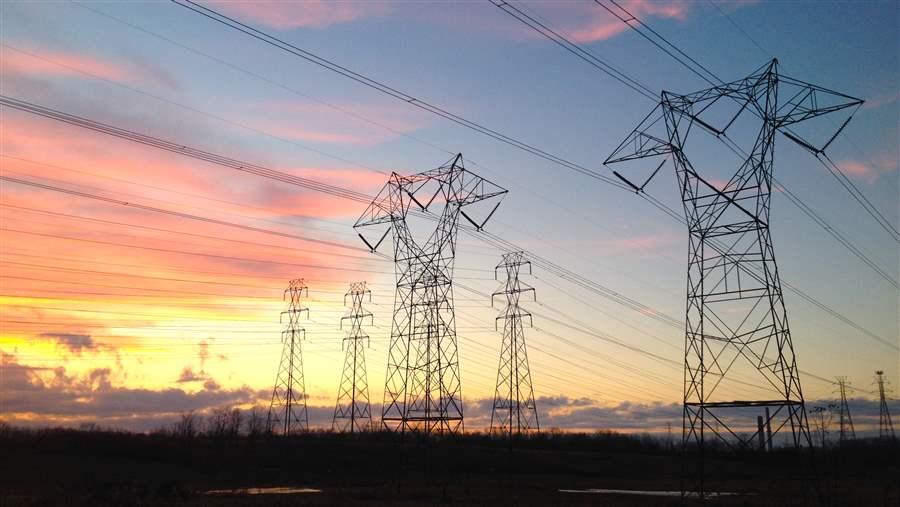U.S. Senate Passes Energy Bill
Provisions promote efficiency, infrastructure, and innovation
 © iStockphoto
© iStockphotoThe Energy Policy Modernization Act of 2015 (S. 2012) aims to upgrade America’s energy infrastructure.
Over the past few weeks, the U.S. Senate has debated comprehensive energy legislation for the first time since 2007. The Energy Policy Modernization Act of 2015 (S. 2012), co-sponsored by Senators Lisa Murkowski (R-AK) and Maria Cantwell (D-WA), aims, in part, to upgrade America’s energy infrastructure and contains provisions to increase the deployment of renewable and efficient energy technologies. The clean energy provisions of the bill will deliver meaningful economic, environmental, and national security benefits to the United States.
Although the nation has made strides toward a clean energy future, federal policy uncertainty impedes investment and innovation. The legislation has the potential to help remove barriers, spur investment, save consumers money, and create jobs and businesses by:
- Increasing efficiency. The bill supports more efficient power generation and consumption technologies through provisions that foster greater efficiency in buildings, manufacturing, and vehicles and others that encourage the increased use of performance contracting in federal facilities to improve infrastructure and reduce operational and maintenance costs.
- Modernizing infrastructure. The legislation upgrades electricity infrastructure by encouraging distributed, renewable, and efficient technologies and addressing grid reliability and security through research, development, and improved power grid energy storage.
- Supporting research and development. The bill ensures that cutting-edge products and processes are developed in the United States by providing continued investment in basic science and innovative energy research, including establishing microlabs near national laboratories to enhance collaboration and accelerate the transfer of technology to the private sector and instituting a research, development, and deployment program to reduce vehicle emissions.
When the U.S. House of Representatives and the Senate work to craft a common energy bill, we hope they will safeguard provisions that promote and protect the nation’s energy infrastructure, security, environment, and economy. Working together, the public and private sectors, policymakers, innovators, and businesspeople can fortify the United States’ position in the growing and promising clean energy marketplace.
Phyllis Cuttino is director of Pew’s clean energy initiative.






